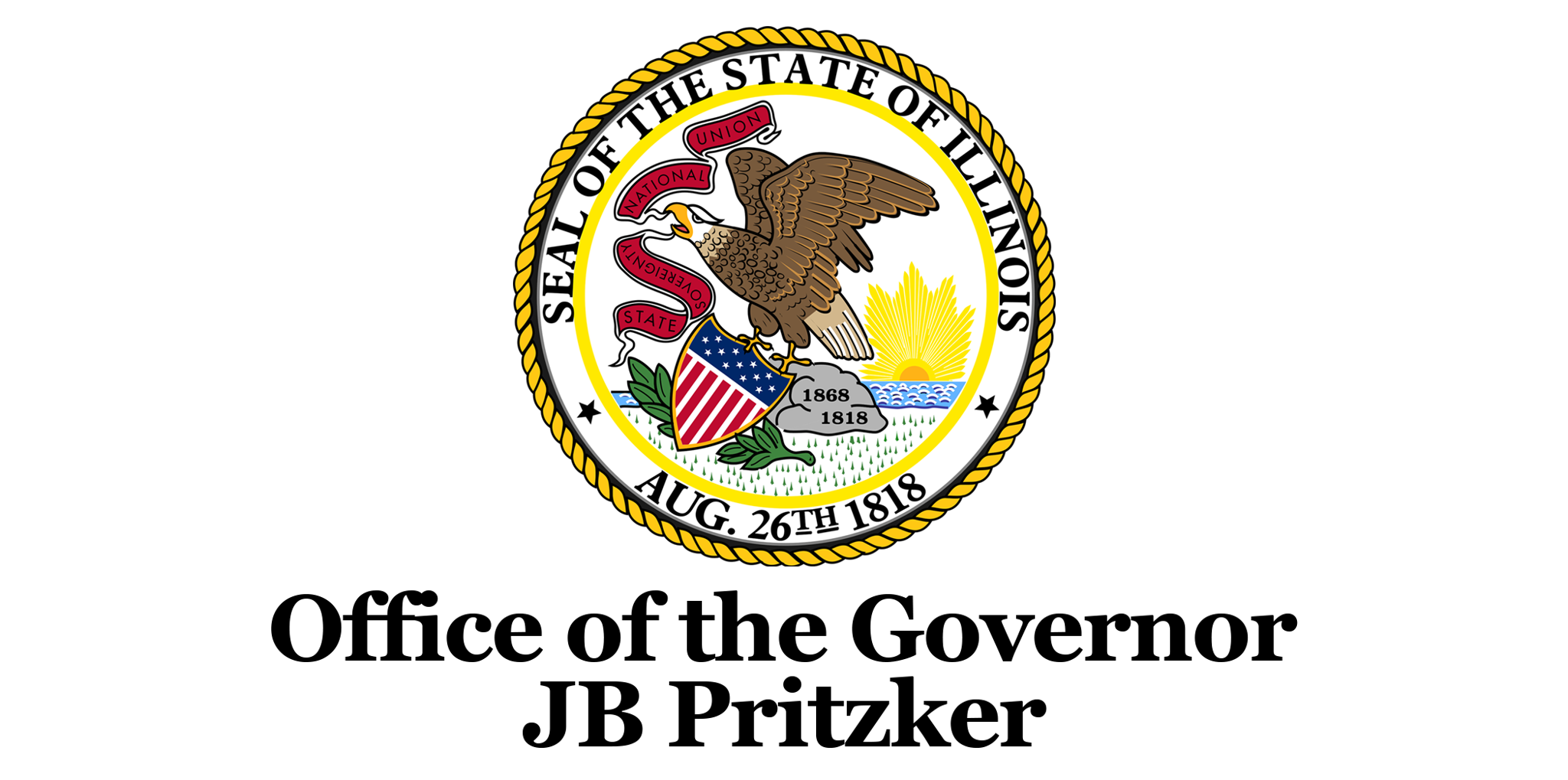Gov. Pritzker Issues Executive Order to Safeguard Rights of Autistic Illinoisans
State of Illinois to restrict autism-related mass data collection and sharing, enhance privacy protections
May 7, 2025

SPRINGFIELD- Today, Governor JB Pritzker signed Executive Order 2025-02, affirming Illinois’ commitment to the civil rights, human rights, and data privacy of autistic residents. The order protects individuals from unauthorized data collection and sharing by state agencies and ensures that autism-related information is handled only when necessary and with informed consent. The order comes in response to rising national concerns about efforts to create federal autism registries or databases without clear legal safeguards or accountability.
“Every Illinoisan deserves dignity, privacy, and the freedom to live without fear of surveillance or discrimination,” said Governor JB Pritzker. “As Donald Trump and DOGE threaten these freedoms, we are taking steps to ensure that our state remains a leader in protecting the rights of individuals with autism and all people with disabilities.”
“We are rejecting stigma and standing with families, educators, and self-advocates across Illinois,” said Lieutenant Governor Juliana Stratton. “This order reinforces our belief that neurodiversity is a strength and that civil rights must evolve to meet emerging challenges in data and privacy.”
In February, Trump’s Health and Human Services (HHS) Secretary Robert F. Kennedy Jr. incorrectly referred to autism as an “epidemic,” a stigmatizing narrative condemned by leading health experts and advocacy groups across the United States. Secretary Kennedy has threatened to create an autism database though the HHS, sparking outrage and concern from tens of thousands of people across the United States, from advocates, to parents, to individuals with autism.
Under this Executive Order, state agencies may not collect or disclose personally identifiable autism-related data unless it is required for care, legal compliance, or program eligibility—and must always follow strict privacy and data minimization rules. Contractors, vendors, and grantees who work with state agencies are also covered by this executive order, and shall not collect, store, or disclose autism-related data. All disclosures must be limited to the minimum amount of information necessary to meet the legal requirement, and should be anonymized where allowed and practicable.
Illinois now becomes one of the first states to formally restrict the mass collection or sharing of autism-related data absent legal or medical necessity.
“This is a strong, timely safeguard. As new threats emerge to the rights of people with disabilities, Illinois is showing what leadership looks like—proactive, principled, and inclusive,” said Representative Natalie Manley (D-Joliet).
“This is a win for privacy, inclusion, and progress,” said Stephanie Brown, Executive Director of the Southern Illinois Autism Society. “We’re grateful the Governor is listening to the autism community and taking concrete action.”
“Too often, policies affecting the disability community are made without us" said Karen Tamley, President and CEO of Access Living, a service and advocacy center run and led by disabled people in Chicago. "We must work to remove societal barriers and protect disability rights. Today, Illinois is taking an important step to protect the privacy of autistic people in our state."
“As the lead agency for The Autism Program of Illinois, a statewide network built by Hope to serve thousands of children and families, we’ve long upheld the principle that private health information must never be shared without informed consent,” said Clint Paul, CEO of Hope. “For more than six decades, Hope has championed the rights of individuals with autism—through care, education, and advocacy. We commend Governor Pritzker’s executive order for aligning with our values: protecting privacy, rejecting stigma, and affirming that every person deserves to be treated with dignity and respect.”
"At a time when certain federal officials are sharing dangerous misinformation about autistic people, and when members of our community are understandably concerned about whether the federal government has our best interests are heart, it is deeply gratifying to see Illinois affirming the value of our lives, affirming that autism is not an epidemic, and taking concrete action to protect our privacy and ensure personally identifiable information about us does not fall into the wrong hands,” said Colin Killick, Executive Director of Autistic Self Advocacy Network.
“We are thankful to Governor Pritzker and his cabinet for taking this strong stand and action to protect our rights to consent and be heard about decisions that threaten the progress made by advocates, family members, educators, legislators, and other champions serving the disability community,” said Kimberly L. Johnson, Chicagoland Autism Connection. “People living with autism and their family members are not just numbers in a research project! Nothing about us, without us!
"As a mother of a ten-year-old on the spectrum and Executive Director of The Arc of Illinois, I’m grateful for this bold step to protect the rights and dignity of autistic individuals,” said Samantha M Alloway, Executive Director at The Arc of Illinois. “At a time when fear and misinformation threaten hard-won progress, Illinois is choosing inclusion, consent, and civil rights. Our voices are being heard.”
“My son is deserving of the same rights to medical and personal privacy as anyone else in this country, even more so in today’s climate. This order is a huge relief for families like mine,” said Mike Baker, a Schaumburg advocate and father of a teenager with autism. “We want our children to have equal rights—not be treated like data points or monitored without cause. His privacy is worth our protection.”
This executive order builds on a rich history of disability rights advocacy in Illinois. Just last year, Governor JB Pritzker signed the bipartisan Dignity in Pay Act, which will eliminate subminimum wage and expand employment opportunities for people with disabilities across Illinois. Additional efforts from the Pritzker administration to protect Illinoisans with disabilities include banning discrimination in housing selection based on non-employment income such as disability payments, and expanding accommodations for people with disabilities seeking to attend legislative meetings, hearings, and other government events at the Illinois Capitol Complex. Funding for disability services and supports have also reached record levels during Governor Pritzker’s time in office.
###